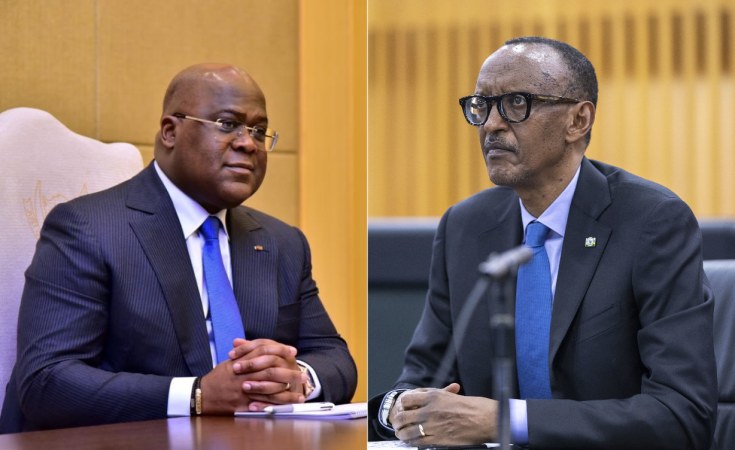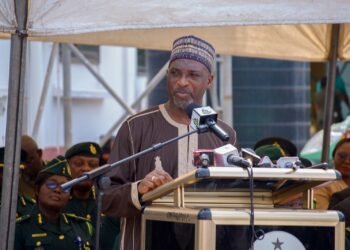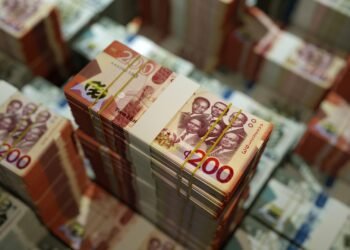In a renewed effort to quell violence in the Democratic Republic of Congo (DRC), delegations from the DRC government and Rwanda-backed M23 rebels are set to reconvene in Qatar for peace negotiations.
The push, backed by the United States, aims to end a decades-long conflict in eastern Congo, potentially unlocking billions in mining investments for a region abundant in tantalum, gold, cobalt, copper, lithium, and other critical minerals.
The M23 rebels, who have seized more territory than ever before in a rapid offensive earlier this year, have left a trail of devastation. Thousands have perished, and hundreds of thousands have been displaced in the latest chapter of a conflict tracing back to the Rwandan genocide 30 years ago. The violence has destabilized the region, hampering economic progress despite its vast mineral wealth.
The U.S., under President Donald Trump’s administration, is spearheading diplomatic efforts to broker a lasting agreement between Rwanda and the DRC. A successful deal could pave the way for significant Western investment, transforming the region’s economic landscape. Parallel to these efforts, Qatar is hosting separate mediation talks, bringing together DRC government officials and M23 representatives to find common ground.
Diplomacy In Congo Conflict Gains Momentum
Last week, a significant step forward was taken in Washington, where the foreign ministers of Rwanda and the Democratic Republic of the Congo signed a peace accord. The agreement commits both nations to a 2024 deal stipulating the withdrawal of Rwandan troops from eastern Congo within 90 days. The signing ceremony marked a hopeful moment, with both sides expressing commitment to peace.
Following the event, the ministers met with President Trump, who extended invitations to Congolese President Felix Tshisekedi and Rwandan President Paul Kagame for a high-level meeting in Washington. Massad Boulos, Trump’s senior adviser for Africa, referred to the prospective agreements as the “Washington Accord.”
Boulos expressed enthusiasm, stating the administration would “love” to host this summit by late July, while also hoping for a finalized deal in Doha by the same timeframe. However, challenges persist.
At a press conference, M23 delegate Benjamin Mbonimpa announced the rebels’ return to Doha but criticized Kinshasa for not engaging seriously. “Since the signing of the Washington agreement, we have been contacted three times by the Qatari mediator to resume dialogue,” Mbonimpa said, highlighting unresolved issues like the release of imprisoned M23 fighters and the reopening of banks in rebel-controlled areas.

The DRC government, in response, confirmed its delegation would also return to Doha, signaling continued commitment to the talks. Yet, a recent UN experts’ report complicates matters, alleging Rwanda’s direct command over M23’s operations. Rwanda has rejected these claims, with a government spokesperson asserting the report “misrepresents Rwanda’s longstanding security concerns” tied to ethnic Hutu militias linked to the 1994 genocide operating in eastern DRC.
Despite these hurdles, Boulos remains hopeful, citing the determination of Presidents Tshisekedi and Kagame to resolve. The international community watches closely as these talks could not only end a brutal conflict but also unlock the economic potential of a mineral-rich region, offering a brighter future for millions.
READ ALSO: MDF Disputes Reports of Missing Excavators in Akomfre



















